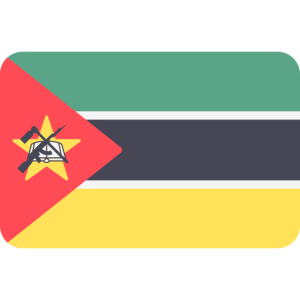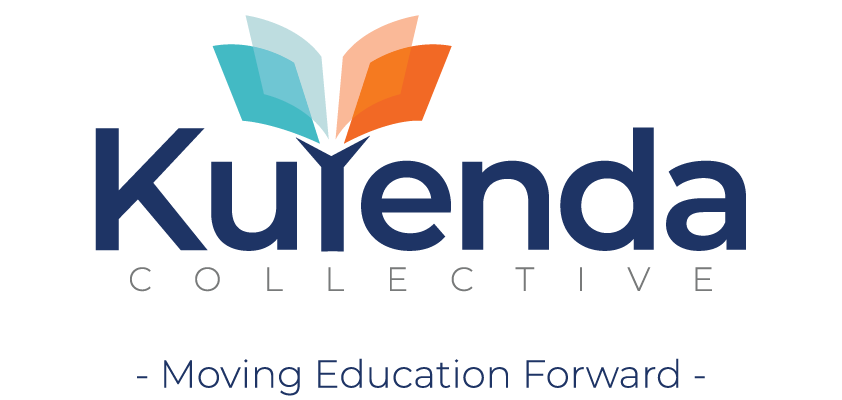Key Considerations from the Kuyenda UX Research

Country Overview
On the other hand, Mozambique has a rural population of 63% and 70% of its population work in the agricultural sector. However, economic prospects despite its status of
recovery from the natural disaster of 2019, Cyclone Idai, and the COVID Pandemic which swiftly followed the subsequent year, and the effects of a military insurgency in parts of the gas-rich province of Cabo-Delgado are cautiously optimistic. Not only is Mozambique rich in natural resources, but there has also been a new discovery of natural gas offshore, raising its economic prospect. In Mozambique, rural youth tend to prioritise farming as a sustainable economic activity but cite a lack of access to knowledge and skills in farming to enhance their economic livelihoods. (CIMMYT 2018)
Education System Information
A 2019 World Bank Service Delivery Indicators Survey of the Education Sector found the following regarding learning outcomes: Net enrollment in primary education is 99% but at 57% for the secondary level and 31% at the tertiary level. Under half of grade 4 students could correctly identify a word, and under 1 in 5 could read a simple paragraph. In math, around 6 out of 10 students were able to perform a basic single-digit addition, and only a third of the students can do a single-digit subtraction. Student learning in urban schools was already higher in 2014, but it increased far more than scores in rural schools over the past 4 years. As a result, the urban-rural gap has almost doubled. Mozambique has one of the largest urban-rural gaps in education outcomes compared to other countries in the region.14 Gender gaps in student learning also showed no improvement. On average, boys scored higher than girls in both mathematics and the Portuguese language. The gap is around six percentage points in Portuguese and almost four percentage points in math.
Key Stakeholders Identified by Rural Youth
Key stakeholders in the education system are the District Education Officers, Teachers, Members of Parliament, Parents/Community, School Heads, NGOs
Challenges Identified by Rural Youth
The major challenges being encountered in schools are:
-
- lack of infrastructure and resources,
- long distance to schools
-
- Curriculum and Language of Instruction
- Inadequate resourcing of teaching staff
- Digital divide limiting access to education during natural disasters and political unrest


